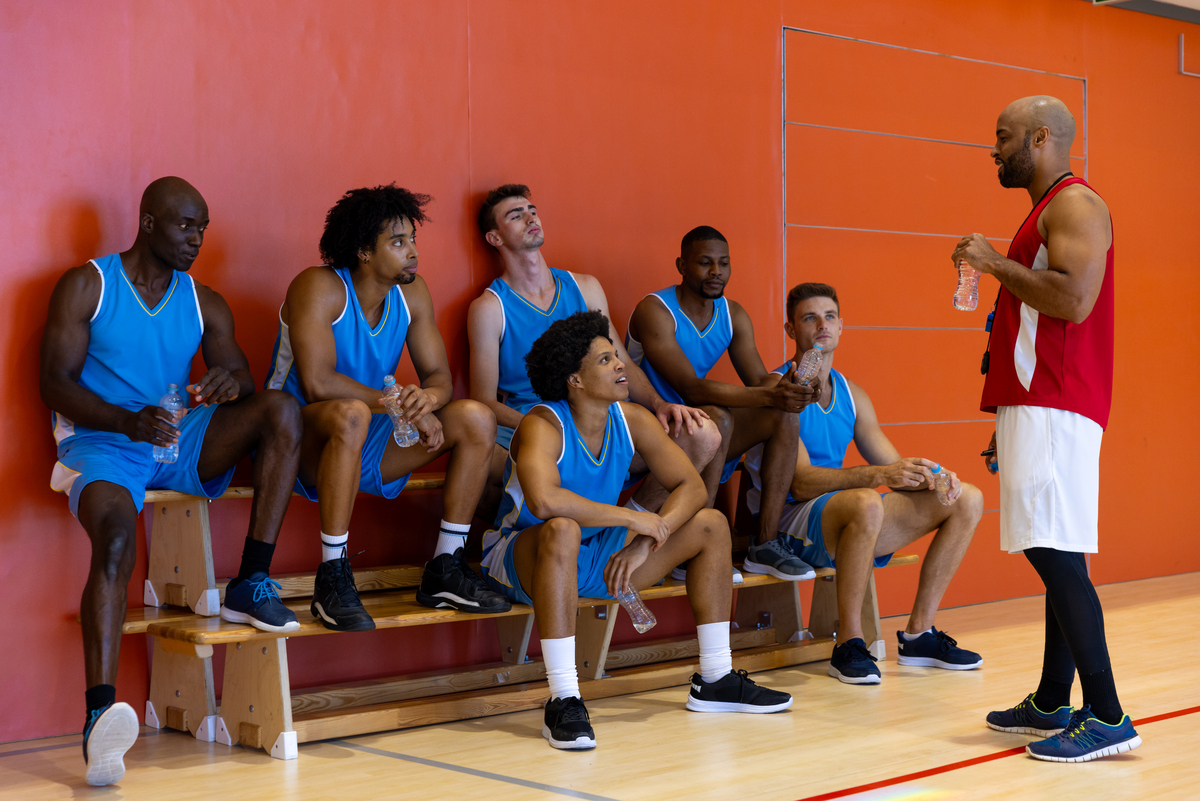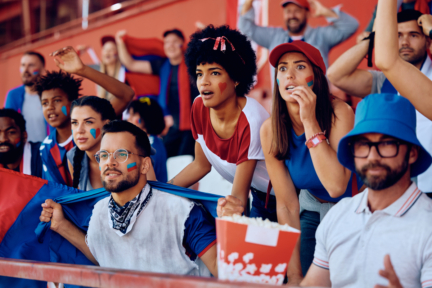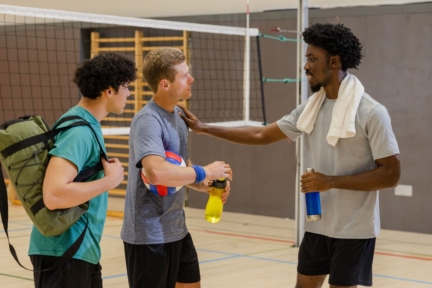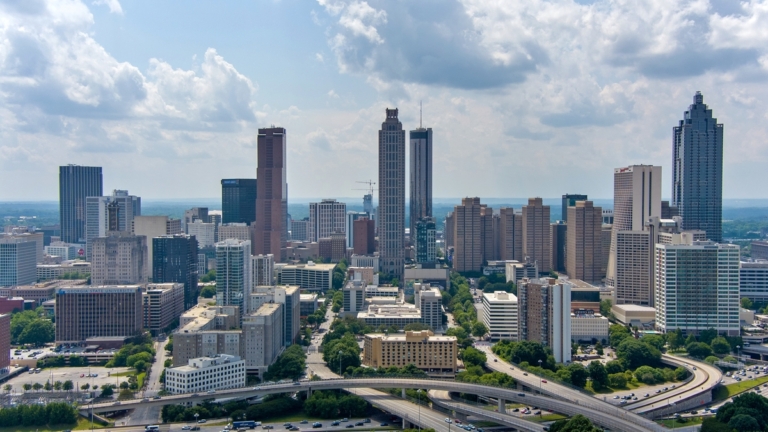Since the new Name, Image, and Likeness (NIL) era began in 2021, international student-athletes on F-1 nonimmigrant visas have faced far more limitations than their U.S.-born teammates Fan Favorites Heisman. While American student-athletes can freely earn income from appearances, autograph sessions, endorsements, social media promotions, and other NIL activities, F-1 visa rules significantly restrict what international athletes can do while in the United States.
Why F-1 Athletes Face NIL Restrictions
Under federal visa guidelines, the U.S. State Department generally treats NIL compensation as “work.” F-1 visa holders may only participate in four specific types of authorized employment, all of which are limited in scope:
- On-campus jobs
- Off-campus work due to economic hardship
- Curricular Practical Training (CPT)
- Optional Practical Training (OPT)
During the academic year, these activities are capped at 20 hours per week, and most NIL deals do not fall into any of these categories. That means the majority of NIL work cannot be performed while an athlete is physically in the United States.
Where International Athletes Can Earn Money
There is one major pathway that is fully compliant:
F-1 student-athletes may earn NIL income outside the United States.
Because the work is performed abroad, it is not considered U.S.-based employment. This allows international student-athletes to:
- Sign NIL deals in their home countries
- Participate in commercial shoots, camps, or events abroad
- Create social media content while outside the United States
- Have compensation paid into foreign accounts tied to foreign-based work
This “international NIL window” has become the safest and most common way for F-1 athletes to participate Fan Power Ranking.
Creative, Compliant Approaches
With guidance from compliance offices and agents, some international athletes have successfully leveraged this pathway.
1. Offseason NIL Trips
In 2023, former Kentucky basketball star Oscar Tshiebwe reportedly earned around $500,000 through advertisements and autograph sessions during the Wildcats’ trip to the Bahamas. All NIL activity occurred outside the U.S., making it compliant.
2. Foreign Team Trips Coordinated by Schools
During Brigham Young University’s exhibition trip to the Bahamas, BYU informed sponsors that there would be a designated period for international athletes to complete NIL activities abroad.
This gave athletes a rare opportunity to sign deals, film content, and participate in events without violating visa rules.
3. Use of Existing Photos or Media
Former BYU forward Gideon George (from Nigeria) received a car from a Utah dealership in exchange for the dealership using existing photos of him. Because he did not create new content or perform new work in the United States, the arrangement stayed within F-1 regulations. Colleges Collectives Rallyfuel Partnership
The Importance of Documentation
Even when NIL activity is completed abroad, compliance experts recommend:
- Keeping contracts that show the work was performed outside the U.S.
- Saving travel itineraries and timestamps
- Documenting where and when content was created
- Coordinating with school compliance offices before and after trips
Because interpretations can vary, athletes are encouraged to maintain thorough records to ensure clarity if questions arise.
The Bottom Line
International student-athletes on F-1 visas can participate in NIL, but only under specific conditions. The safest and most consistent approach is to perform all NIL-related work outside the United States. With proper planning, documentation, and support from schools, F-1 athletes can legally capitalize on their growing visibility and personal brands while protecting their visa status. Colleges NIL Risk
Learn More About the NIL Landscape
Name, Image, and Likeness plays an increasing role in college sports, and understanding how it works often requires more than individual articles or news updates.
RallyFuel is a platform focused on NIL-related topics across college athletics. It brings together information about athletes, NIL activity, and the broader structure behind modern college sports, helping readers explore the topic in more depth.






Leave a Comment